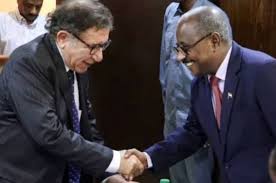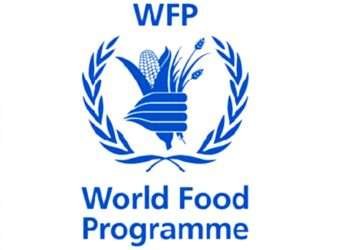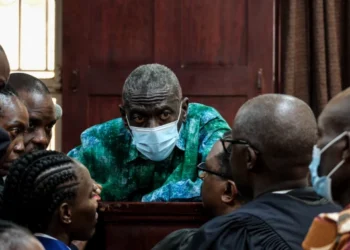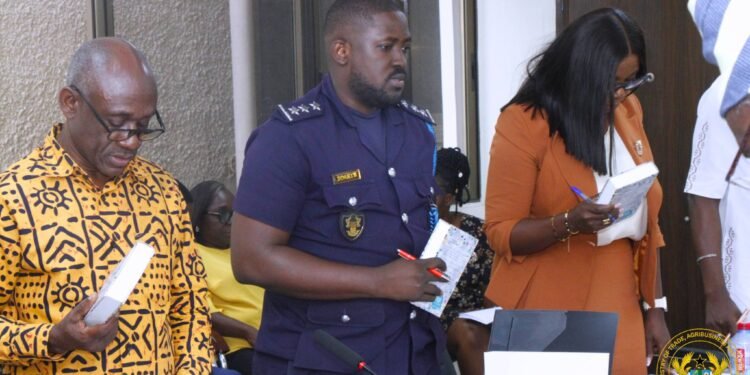Sudan’s army-led government has formally requested the termination of a United Nations fact-finding mission investigating human rights abuses in the country’s ongoing conflict. Justice Minister Abdallah Diraf delivered the message during a meeting with Radhouane Nouicer, the U.N.’s Independent Expert on human rights in Sudan, held in Port Sudan.
The mission, launched by the U.N. Human Rights Council in October 2023, was established to document alleged war crimes and identify those responsible. However, Sudan’s authorities have consistently opposed its presence, arguing that it infringes on national sovereignty.
Diraf stated he officially conveyed the government’s desire to “end the Fact-Finding Mission.” He criticized the U.N. expert’s concerns over recent arrests of anti-war activists and the sentencing of individuals accused of collaborating with the rival Rapid Support Forces (RSF).
In a strongly worded statement, Diraf said, “Open talk about violations without detailed information is unacceptable and unhelpful,” and demanded specific evidence instead of what he dismissed as “hearsay.” He insisted Sudan’s judiciary operates within the confines of the law and defended the death penalty for crimes such as treason, rejecting the notion that the sentences were arbitrarily “harsh.”
The minister also reiterated Sudan’s longstanding demand that the RSF be labeled a terrorist group. He warned against any efforts to equate the paramilitary force with the national army, accusing both the United Arab Emirates and Chad of illegally supplying weapons to the RSF, an allegation the UAE has repeatedly denied.
Sudan’s justice minister also launched a broader critique of international support, accusing the United Nations and its agencies of failing to meet the country’s humanitarian needs amid worsening conditions on the ground. According to Diraf, Sudan has received only 16% of the required aid funding, which he described as a “major failure by the United Nations and its agencies.”
Hunger And Cholera Crisis Escalate In Darfur
While the diplomatic standoff continues, Sudan faces a deepening humanitarian disaster. The U.N. and local armed groups have raised alarms about a deadly combination of widespread starvation and a rapidly expanding cholera outbreak, particularly in Darfur.
The United Nations reported four hunger-related deaths last week at the Abu Shouk camp for displaced people in North Darfur, where both food and medicine are critically scarce. Meanwhile, cholera is spreading swiftly, with more than 1,500 suspected cases identified in Tawila since June. Over 500 patients are currently undergoing treatment.
The Sudan Liberation Movement (SLM), a major armed group operating in the region, confirmed the crisis in a separate statement on Sunday. It declared its controlled zones in Tawila and Golo, Central Darfur, as “humanitarian disaster zones.” The SLM said cholera first appeared on July 21 and spread rapidly due to overcrowded camps and a lack of medical infrastructure.
In response, the U.N. is urgently seeking $120 million in funding to help contain the outbreak and provide critical support in Tawila over the next three months. The humanitarian appeal comes as food prices continue to skyrocket, especially in El Fasher, the capital of North Darfur state.
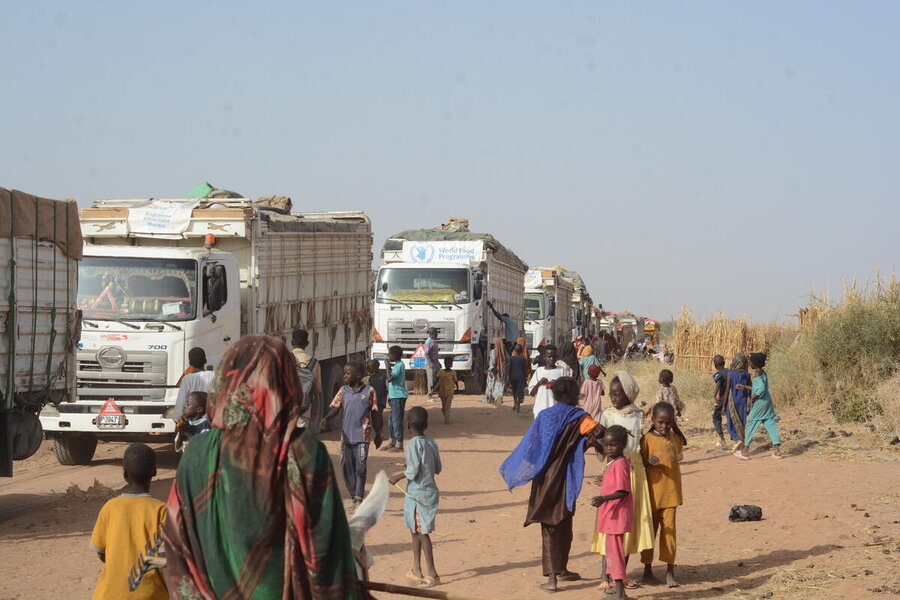
According to the U.N. Office for the Coordination of Humanitarian Affairs (OCHA), the cost of a basic food basket in El Fasher in May was more than six times the national average. Sugar prices have surged by a staggering 960%, and sorghum has jumped by 160%, pushing food further out of reach for millions.
The Integrated Food Security Phase Classification (IPC) has declared famine conditions in parts of North Darfur, confirming the severity of the hunger crisis. The U.N. warned that the situation is expected to deteriorate further during the July–October lean season, especially in areas plagued by ongoing violence.
Despite these grim conditions, aid agencies managed to distribute emergency supplies to 2,000 newly displaced families in North Darfur last week. However, the U.N. notes that nearly 60% of displaced households in the region still lack proper shelter, underscoring the scale of the crisis.
READ ALSO: PHDC Holds Preliminary Talks with Global Investment Consortium

